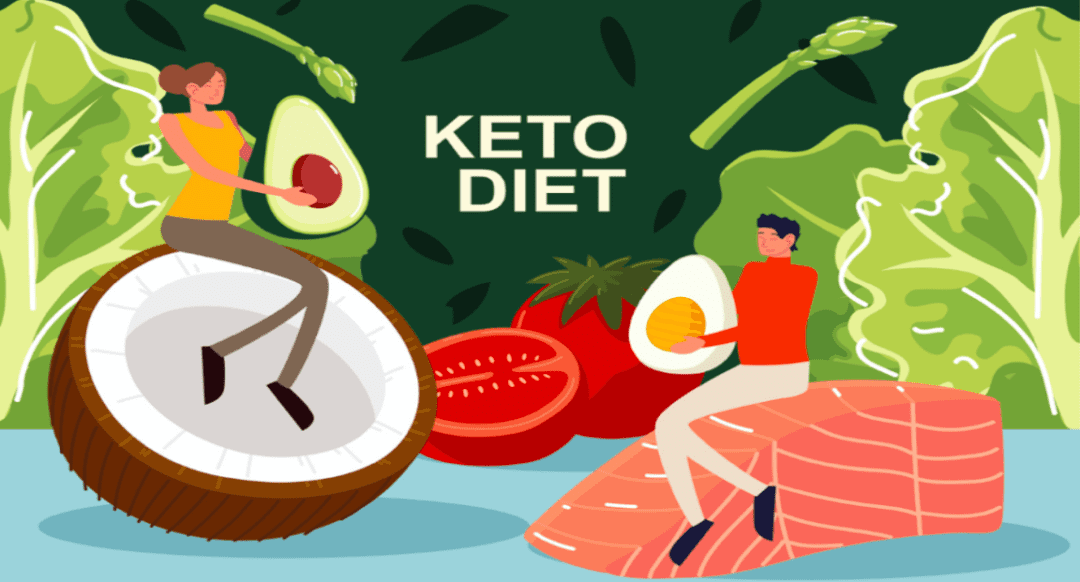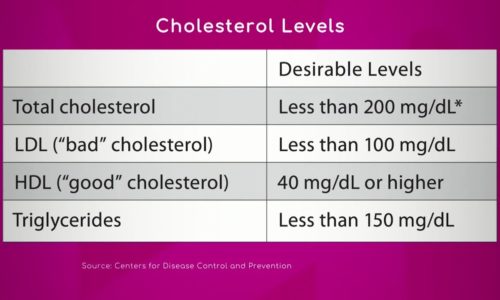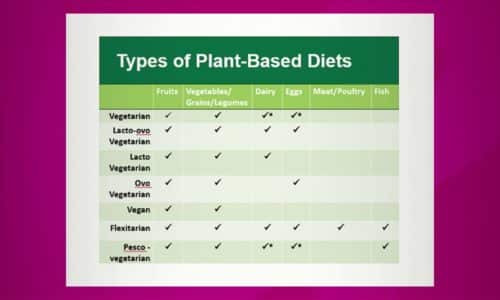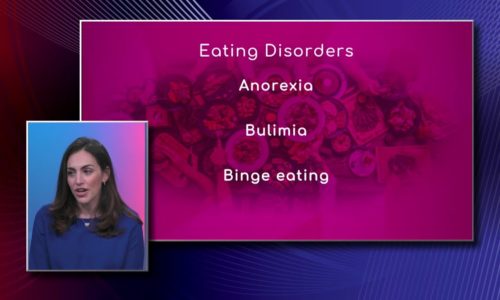How to Handle Keto Diets with Lucette Talamas |

The next diet Lucette Talamas, Registered Dietitian, talks about is the keto diet. Talamas remarks that even though the diet has been around for so long, many do not understand its original intended use. The keto diet was formerly used as a main treatment to help children control their seizures when they were not responding to medication. “People have to understand that this diet has been around for medical applications to help treat a serious condition, then it started trending for weight loss,” she explains.
For those that do not know, Talamas describes the ketogenic diet as being high in fat and heavily restricting carbohydrates, reducing them to 20 to 50 grams a day. Talamas says that she would not recommend it as the first approach to combating weight loss, “because of the restrictions, the concerns of a high-fat diet, and our heart health; we don’t know the implications it’ll have long term.”
The interviewer asks Talamas if the keto diet is like a low carb diet? Talamas answers that yes, the keto diet would be considered a low carb diet but the definition of what a low carb diet is, tends to be vague and a lot of different diets can fit under this umbrella. Someone can be on a low carb diet but be eating a lot of carbohydrates. Regarding health, there are many studies and associations, such as the Institute of Medicine, which provides the standard macronutrient distribution list, that recommend that 45 to 65 percent of your daily calories come from carbohydrates. “We must remember that carbs fuel our body, carbs fuel our brain cells. The brain alone requires 130 grams of glucose, which we get from carbs,” she says. So, if you are doing a low carb diet, at least 45 percent of your diet should still include carbohydrates.
Talamas recommends whole grains as an option for healthy carbs. She explains that “Whole grains are less processed, they’re higher in one of our favorite nutrients, which is fiber. So, when you eat whole grain, you’re getting a great source of fiber.” Fiber is great for weight management because it helps you stay fuller for longer. Fiber is also present in many fruits, which provide an important source of vitamins and antioxidants. Talamas says that having at least two servings of fruit a day, whole grains, and even starchy vegetables can be great for weight management. “I think the trouble with weight management is knowing how much food to eat in one sitting. Ideally, we’d be seeing a serving of carbohydrates per meal,” Talamas states.
Watch the full interview with Lucette Talamas here: https://youtu.be/rv-Yyh5yWaY








